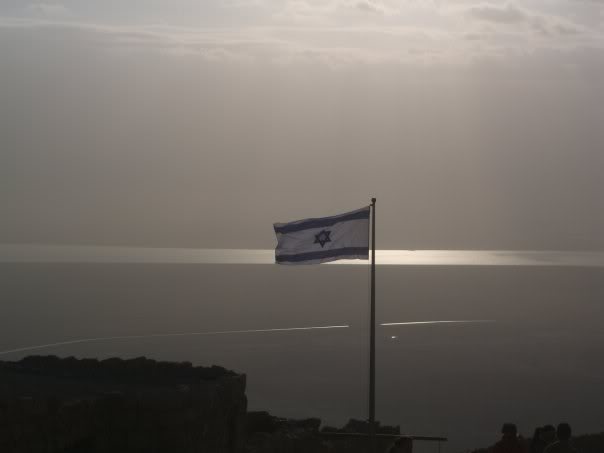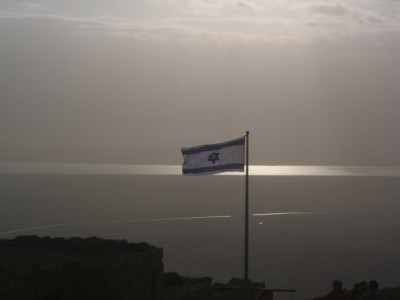I have alluded before to (what I see as) the somewhat sorry state of Israel education and advocacy today, especially on college campuses. I spoke about the fact that simply greeting people who claim that Israel is an apartheid state with some falafel and a blue-and-white cupcake is not an effective tool for advocacy in general, and on university campuses in particular. Rather, we must be ready and willing to engage with these claims in a meaningful and productive way.
The language the world uses to describe Israel is changing all around us, but the institutional pro-Israel community is being left behind — a point which was only reinforced when the Conference of Presidents of Major American Jewish Organizations denied J Street’s bid for a seat in the conference last week.
Today is the day that we celebrate the triumph of Zionism as a project and an ideology; today is the day that we celebrate the return of the Jews to our biblical homeland. And this is, indeed, a cause for celebration — and I do plan on celebrating. Tomorrow morning, I will insert the Hallel, a prayer recited on festive religious occasions, into my morning prayers. I will be proud of the fact that a Jewish safe-haven exists today.
However, this does not change the rather upsetting quality of discourse that can be found in the world of Israel advocacy, particularly on college campuses. When we talk about Israel, we tend to talk about it in polarized language: Israel is either a bastion of liberal Western democracy or an oppressive apartheid state, depending on which side you choose to ask.
Ultimately, however, this model of advocacy, one of disrupting speakers like former Israeli Ambassador to the United States Michael Oren and of other histrionics like raising complaints at a sign promoting Israeli Apartheid Week in Barnard College, is unproductive. Ultimately, the true change that can be made will not come through loud protests and counter-protests on our college campuses.
To be sure, these issues require responses: I don’t think anyone would be content to see the Jewish homeland lambasted publicly as an apartheid state, and events like Israeli Apartheid Week do require a response. However, the response should not just be another poster and some counter-protesting opposite members of groups like Students for Justice in Palestine, who are also using histrionics and theatrics associated with Israel advocacy on college campuses. Ultimately, forcing people to choose between two opposing sides will not win support for either side.
Zionism and pro-Israel advocacy on college campuses need to step above this rhetoric and this polarized discussion surrounding the Israeli-Palestinian conflict. Instead, the real change, or whatever change we, as students can accomplish from our campuses, will occur only through education. By standing off against each other, we, the pro-Israel community, force our fellow students — those same students we hope will be part of the solution— to choose sides, thus begging the question: Are fighting for Palestinian rights and a Jewish and democratic state of Israel mutually exclusive? I would like to think not.
The university campus should not be a place where students must feel polarized to pick one extreme end of a spectrum or the other. It should be where students are not only able, but actively encouraged, to ask questions and challenge the dichotomies that have been set up around us, like the idea that being pro-Israel and pro-Palestinian are mutually exclusive. Ours should be a campus of challenging, of questioning, and, through all of these, of educating, not a space where people feel pressured to take sides.
Ultimately, it will be educational initiatives allowing for a more honest dialogue about the issues at hand that will make the most lasting impact ,not shouting across sides. The catalyst for effective change is actively seeking and engaging in constructive dialogue with those who oppose us to work toward an understanding and a solution to the benefit of both sides.
But before this can happen, both pro-Israel and pro-Palestinian communities must first be ready to step above the rhetoric and the theatrics of protests to instead work constructively to air opinions from all sides. By starting the conversation and working toward a two-state solution that will benefit both Israelis and Palestinians, we, as students so far away from the points of conflict, can create our own effective change right here. The spirit of Yom haAtzma’ut should not distract us from the need to create a constructive dialogue that will bring the two sides together to create a solution.
I am ready. Are you?
Amram Altzman is a student at List College.


